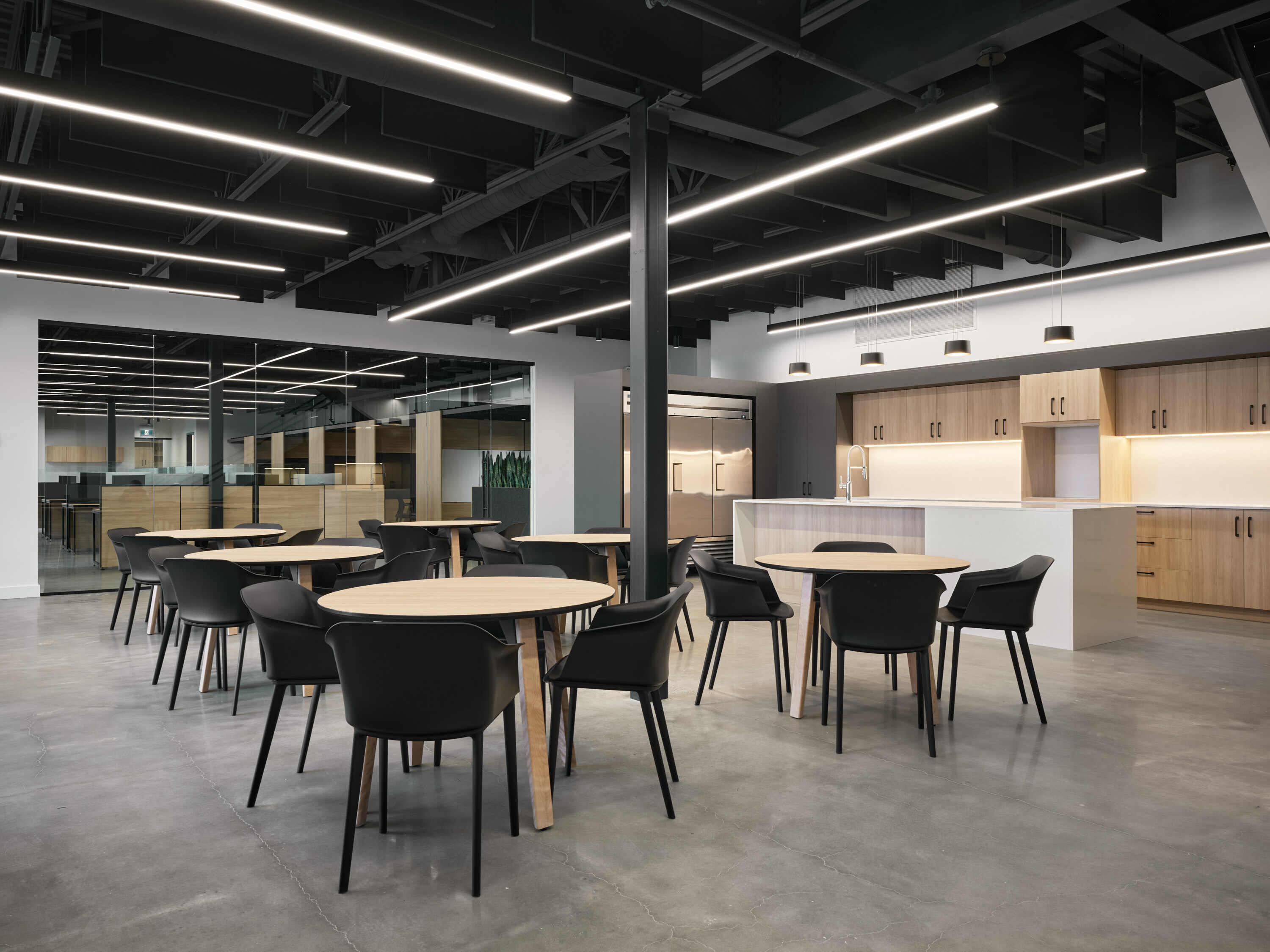The Impact of Office Furniture on Company Culture

Office furniture plays a much more important role in employees’ daily lives than we often realize. More than just a functional tool, it influences how employees perceive their work environment, their company, and even their own place within the organization. A thoughtfully designed space becomes a powerful way to communicate values, support well-being, and strengthen team engagement.
In this blog, we’ll explore how layout and furniture choices can reflect and support company culture—and why this has become an essential aspect of the modern workplace.
The Importance of Workplace Design in Company Culture
Company culture is the DNA of an organization. It’s expressed through values, behaviors, rituals—and also through physical elements like the work environment. A well-designed space becomes a direct reflection of that culture: it shows what the company values and how it takes care of its people.
Take companies known for their strong culture. Google has invested heavily in vibrant, creative office spaces to foster innovation. Airbnb has incorporated design elements inspired by its listings, reinforcing its brand identity and core product throughout its workspaces. Shopify, for its part, has opted for flexible setups adapted to hybrid and remote work, demonstrating a clear commitment to agility and well-being.
It’s no coincidence that companies with strong internal cultures are thoughtful about their office design. An open-plan office may reflect values like collaboration and transparency, while private offices, quieter spaces may suggest a focus on concentration and confidentiality. Every design choice—materials, colors, lighting—contributes to a unique atmosphere that sets a company apart.
Office Furniture and Well-Being: A Key Factor in Employee Engagement
A well-designed office, beyond its visual appeal, has a direct impact on motivation and productivity. When employees work in a comfortable, ergonomic space tailored to their tasks, they feel valued, respected, and naturally more engaged.
Ergonomic office furniture—like height-adjustable desks, ergonomic chairs, and well-designed accessories—helps reduce physical fatigue and improve posture. This leads to fewer chronic pains, better concentration, and greater overall satisfaction.
Attracting and Retaining Talent with the Right Furniture
In today’s competitive job market, every detail matters when it comes to attracting top talent—and furniture is no exception. For younger generations—particularly Millennials and Gen Z—the work environment is a key factor in choosing an employer. These professionals are looking for bright, inspiring, and flexible spaces where they can collaborate and focus.
A poorly designed office with outdated or uncomfortable furniture sends the wrong message. On the other hand, a thoughtfully furnished workspace with high-quality office furniture creates an instant “wow” effect during a first visit. It signals that the company is modern, attentive, and invested in its employees’ well-being.
A study published in the Journal of Environmental Psychology revealed that office layout significantly influences how employees perceive company culture, as well as key attitudes like job satisfaction and engagement. The findings suggest that employees’ perceptions of office design directly impact their views on organizational culture and overall workplace morale.
Flexibility is also essential. Collaborative areas, quiet zones, and lounge spaces—when thoughtfully integrated into the office layout—allow employees to tailor their workday to their needs. This not only boosts engagement but also encourages retention.
Let’s not forget that furniture contributes to brand identity, too. Custom furniture choices—colors, materials, textures—can reinforce a company’s visual image and create harmony between its physical space and the values it wants to project.
Today, company culture and physical workspace are inseparable. Office furniture has become a strategic tool to express organizational values, enhance employee well-being, and attract top talent. It’s no longer just about buying practical furniture—it’s about creating an experience.
By investing in thoughtful, ergonomic, aesthetic furniture, businesses demonstrate that they truly care about their employees. And in a rapidly evolving world of work, that kind of attention makes all the difference.
Office furniture is a tool that reinforces company culture. It’s no longer about just buying functional items—it’s about designing an experience.